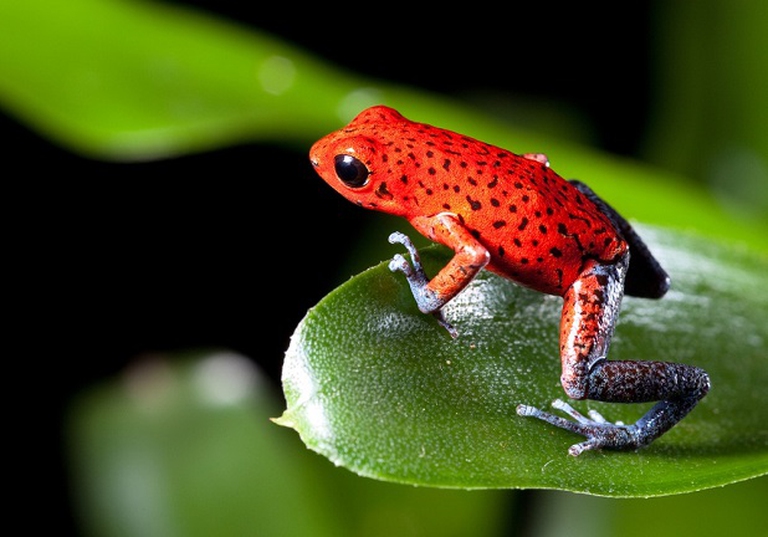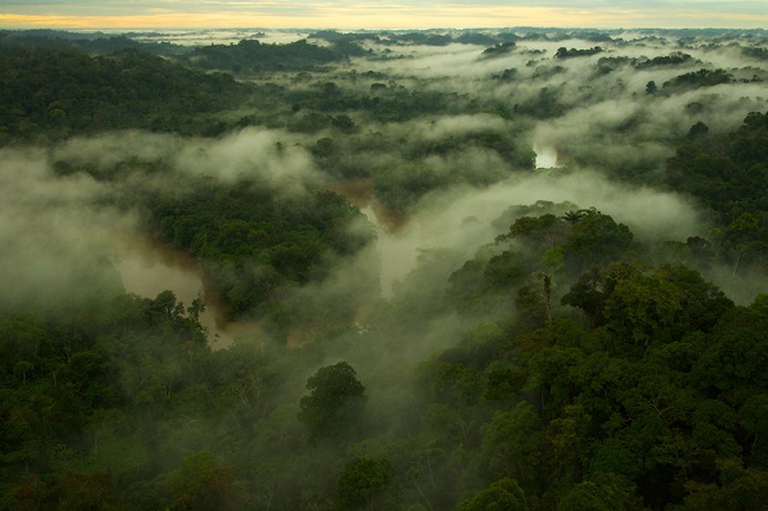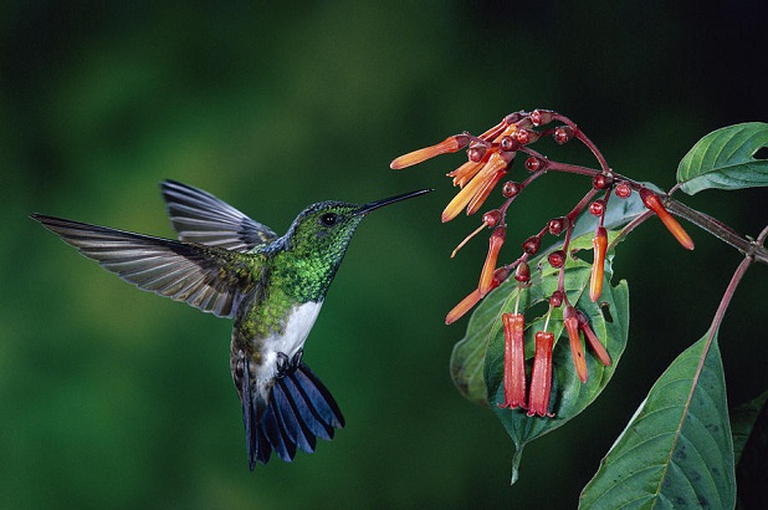According to a new report, presented at the 14th World Congress on Public Health held in India, human health and biodiversity are intimately connected.
According to the innovative Connecting Global Priorities: Biodiversity and Human Health report, presented last February at the 14th World Congress on Public Health, held in Kolkata, India, protecting animals, plants and ecosystems means protecting our health.
![rana freccia]()
The report was published by the Secretariat of the Convention on Biological Diversity (SCBD) and the World Health Organization (WHO), in cooperation with several associations. The interrelation between human health and biological diversity is considerable and complex and the current biodiversity loss, taking place at unprecedented rates, is altering a delicate balance.
The report explains how biodiversity and human health are intimately interrelated and have a mutual impact, for instance, on water and air quality, food production, diet, microbial diversity and non-transmissible diseases.
“Biodiversity is a source of food, nutrients, medicines, fuel, energy, livelihoods and cultural and spiritual enrichment. It contributes to the provision of clean water and air, and perform critical functions that range from the regulation of pests and disease to that of climate change and natural disasters,” stated Braulio Ferreira de Souza Dias, Executive Secretary of the Convention on Biological Diversity.
![parco yasuni]()
According to experts, climate change will have a serious impact on human health and will deteriorate farming systems and reduce nutrients in some foods. In this case, biodiversity increase resilience, or else ecosystems recovery capacity, thus helping adjustment to new environmental conditions.
Coral reefs safeguard, for instance, is essential to reduce the risk of floods, as this extraordinary ecosystem can reduce wave energy by 97%, thus protecting over 1o0 million people all over the world.
The report also stresses the importance of sustainable consumption and production, and hope for a more widespread use of contraceptives to reduce the constant growth of the world population, which figures among the major threats to human health and biodiversity.
![colibrì]()
The report also stresses the importance of sustainable consumption and production, and hope for a more widespread use of contraceptives to reduce the constant growth of the world population, which figures among the major threats to human health and biodiversity.
Siamo anche su WhatsApp.
Segui il canale ufficiale LifeGate per restare aggiornata, aggiornato sulle ultime notizie e sulle nostre attività.

Quest'opera è distribuita con Licenza Creative Commons Attribuzione - Non commerciale - Non opere derivate 4.0 Internazionale.











